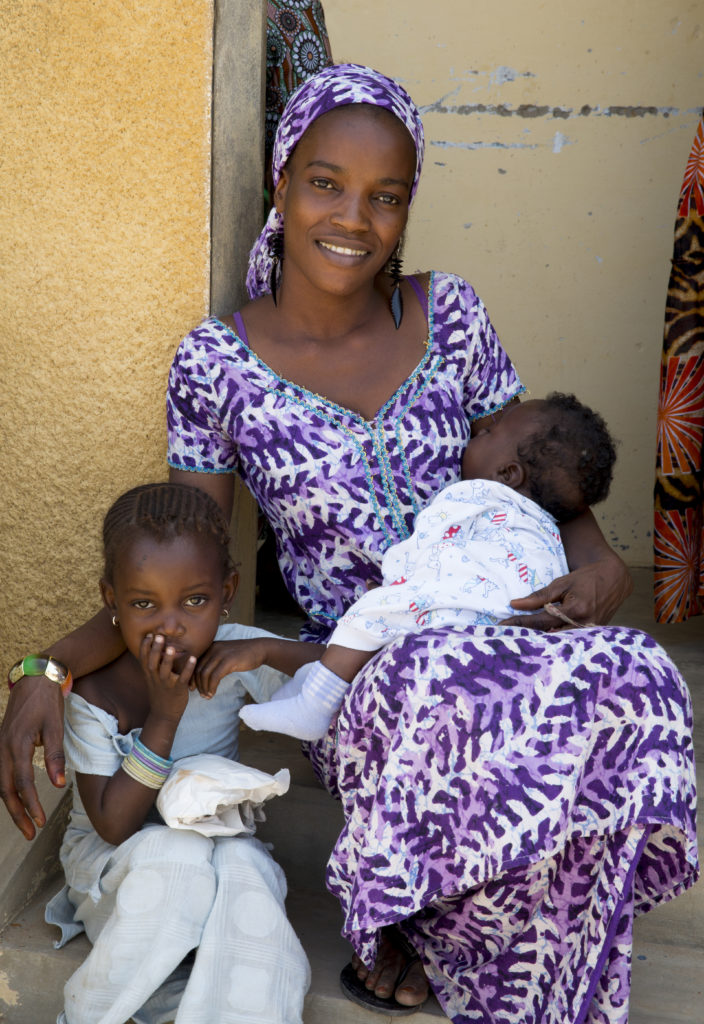HFG Experts Co-Author Lancet Paper on Quality Maternal Health Care
Categories: Journal Publications, Maternal, Neonatal and Child Health (MNCH)
 While the international community is dedicated to ending preventable maternal and child deaths, and helping countries achieve the Sustainable Development Goals (SDGs), there are still questions about how best to reach those goals. Substantial progress has been made in the last several years, but more than 300,000 women die each year giving birth and nearly six million children die before their fifth birthday.
While the international community is dedicated to ending preventable maternal and child deaths, and helping countries achieve the Sustainable Development Goals (SDGs), there are still questions about how best to reach those goals. Substantial progress has been made in the last several years, but more than 300,000 women die each year giving birth and nearly six million children die before their fifth birthday.
Last month, The Lancet published a series of six papers on maternal health, which summarizes the evidence on maternal health interventions and brings “our knowledge of maternal health, its epidemiology, successes, and current failings together, at a crucial time within the sustainable development framework to 2030. The series concludes with a call to action setting out five key targets which need to be met to ensure the progression of broader SDGs.”
HFG’s health finance lead, Dr. Laurel Hatt, and former HFG Associate Dr. Andrea Feigl co-authored the synthesis paper “Quality maternity care for every woman, everywhere: a call to action.”
Hatt and Feigl’s contributions focused on financing challenges related to universal health coverage and equity. They highlighted the need for sustainable financing to maintain progress for maternal-perinatal health, with an emphasis on the importance of mobilizing domestic resources, and the promotion of equity through universal health coverage.
The paper highlights some of the most pressing issues in maternal health, asking: What steps can be taken in the next five years to catalyze action toward achieving the Sustainable Development Goal target of less than 70 maternal deaths per 100,000 livebirths by 2030, with no single country exceeding 140?
USAID has set a new goal to reach an additional 38 million women with increased access to care during childbirth. But without the proper policies in place and country-level capacity to provide maternal and child health (MCH) services—and reduced financial barriers to accessing these services—the goals set by these initiatives are unlikely to be met.
HFG is working to help achieve SDG targets 3.1 and 3.2 (maternal and infant/child mortality) by developing and promoting tools that support evidence-based MCH planning and budgeting for policymakers, improve country capacity to apply health financing mechanisms to increase access to essential MCH services, contribute to the evidence on the effectiveness of health financing interventions for MCH service use, and strengthen global partnerships on MCH-related initiatives to leverage resource for MCH programs.



